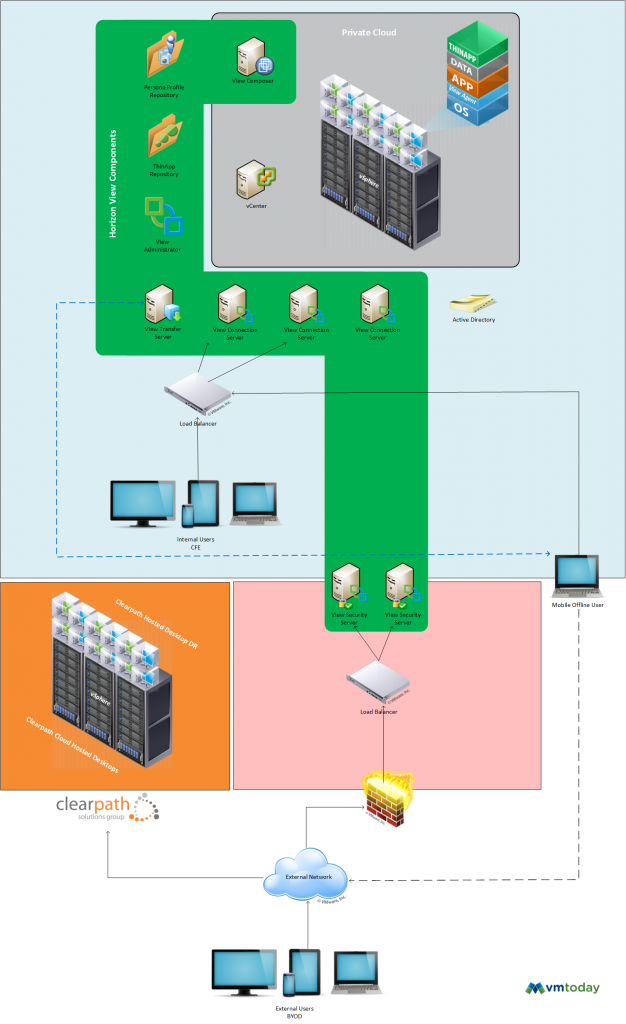
This means checking the response time of a web application from the point of view of a single user. To verify if an application is fast and efficient enough, we use client-side performance tests. When you are testing the client-side, you are doing end-to-end testing.

When you are testing server-side code, you are testing the logic and readiness of your application. To provide better feedback, performance tests are divided into two types: server-side and client-side. They analyze the speed, scalability, and stability of an application, checking for memory leaks, how the application works under a certain load, and look for any bottlenecks. To speed up response time requires strong servers and a well prepared and tested application. According to Yahoo, around 80% of application response time is spent downloading elements such as images, stylesheets, scripts, etc. Page load time is one of the most important metrics in web applications.

However, there is also no shortage of open-source tools available for you to check and improve the ways in which your client-side programs are executing.

Some commercial performance-monitoring solutions already take this into account, allowing performance engineers to see how long it takes for elements to render, and then to execute, on your users' browsers. If you're worried about the performance of your web application, you need to test and analyze not only with what happens on the server but also with what happens in the browser. Client-Side Performance Testing Importance and Introduction


 0 kommentar(er)
0 kommentar(er)
